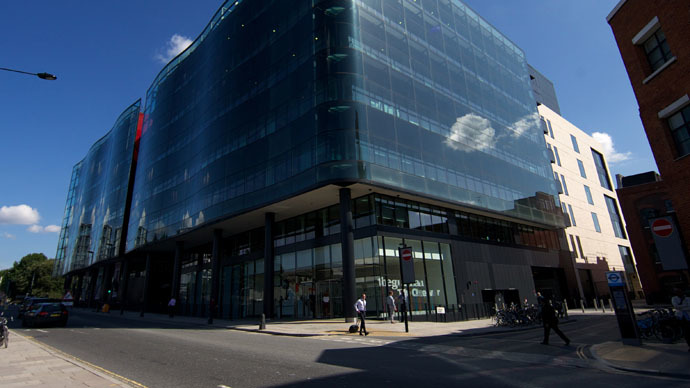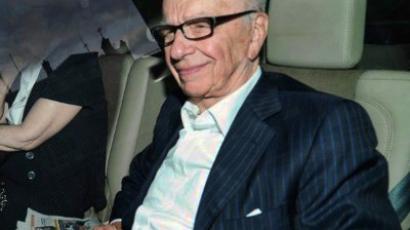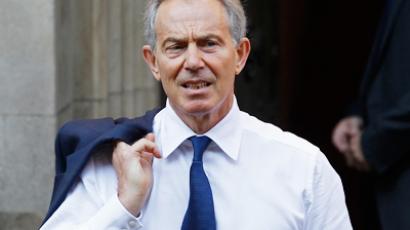Burma, S.Africa...Britain? Intl press freedom team dispatched to UK for first time

An ‘unprecedented’ international mission is to enter the UK in January amid increasing concern over the country’s press freedom laws. The global community is becoming unsettled by the idea of a Royal Charter to restrict press freedom.
The World Association of Newspaper and News Publishers (WAN-IFRA)
represents over 100 countries and 18,000 organizations, and is
known for its press freedom campaigns in countries such as Burma,
South Africa, and Mexico.
While typically examining the press restrictions in
still-developing countries, the association is now expressing
serious concern over Britain’s reputation, saying
that it is sending the mission “in response to recent actions
by the British government.”
The visit will mark the first time such an organization has
visited the UK. The delegation will meet the government and
opposition figures as well as media representatives.
“A press freedom mission to the United Kingdom is
unprecedented and we cannot underestimate our concern for what is
happening,” said Vincent Peyrègne, CEO of the Paris-based
organization in a statement published on their website.
“It is rather difficult for the United Kingdom to lecture Sri
Lanka and others about their press freedom record, when its own
actions result in such widespread international
condemnation,” he added.
Press freedom is to be a subject high on the agenda in the
Commonwealth Heads of Government Meeting in Sri Lanka which UK
Prime Minister David Cameron will attend this week.
The mission is responding to actions regarded as divergent to
press freedom guarantees – specifically the Royal Charter and
associated legislation, but also in response to NSA leak
discussions.
Since June, when NSA surveillance activities were first revealed,
there has been increasing concern over whether it would cause
state-sponsored press regulation and a crackdown on reporting
political scandals.
“The mission is a direct response to recent actions widely
seen as contrary to press freedom guarantees… and…will also
include discussion of the criticism of The Guardian for its
coverage of the revelations from former US National Security
Agency contractor Edward Snowden,” WAN-IFRA stated.

The crackdown on Guardian leaks has overshadowed restrictions
placed on other papers in recent months. Alan Rusbridger, the
editor of the Guardian, is to be questioned by British lawmakers
next month over the publishing of intelligence files leaked by
former NSA contractor Edward Snowden, after UK spy chiefs warned
that it had damaged national security.
Cameron has said that if The Guardian cannot be trusted to
protect issues of national security then the government will be
forced to issue a ‘D notice’ to force them not to publish any
further intelligence revelations.
British media is currently mourning the legal plans which it says
will “mark the end to 300 years of a free press” through
politicians “having a say in what can be printed,” as it was
denounced in tabloid the Daily Mirror.
The Royal Charter was devised with the intention of establishing
a landmark new system of press regulation, causing an uproar
among politicians, journalists and media personalities alike.
Some have been avid defenders, and others say that it will amount
to censorship. The charter itself was sealed by the Queen at
Buckingham Palace on October 30, after an application to prevent
the charter getting the royal seal of approval was dismissed.
Discussions of the Royal Charter emerged after a widespread
practice of phone-hacking was revealed by several large
newspapers and media companies. Among the targets were Royal
Family members and relatives of the 7/7 bombings.
The Leveson Inquiry was set up in November 2012 to examine how
the press had ‘wreaked havoc with the lives of innocent people’.














